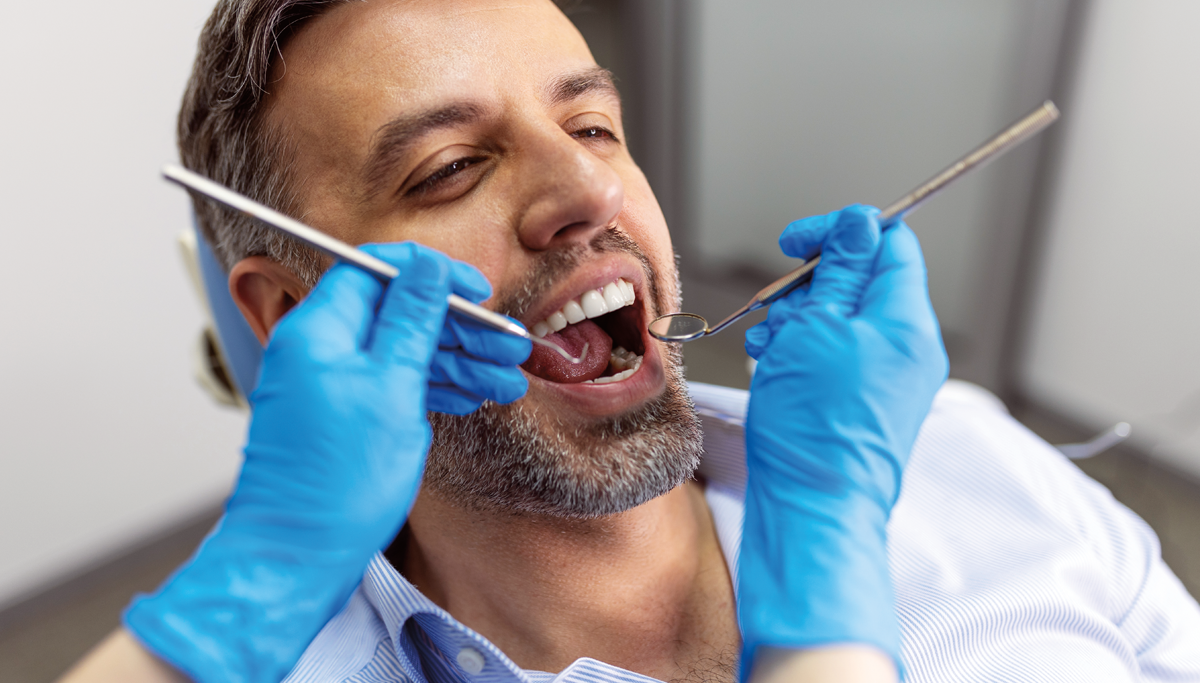Allergies, antibodies, and oral health issues
On topic with Dr. Dill:
Protect yourself from spring allergies
After spending more time indoors for winter, seeing spring in bloom can feel like a breath of fresh air — unless you have allergies that make the wonder of nature more challenging to enjoy.
But you don’t have to let allergies spoil your good time! By understanding how they influence your oral and overall health, you can take precautions and help shield yourself from symptoms.
Over 50 million Americans experience allergies each year, making them the sixth-most common cause of chronic illness nationwide.1
-

Oral health symptoms include:
- Dry mouth caused by frequent mouth breathing or some allergy medications
- Tooth pain and increased sensitivity stemming from inflamed sinuses
- Bad breath and a sore throat caused by post-nasal drip
- Swelling or itchiness can also occur in your lips, mouth, and throat, particularly with food allergies
-

Typical symptoms include red and itchy eyes, a runny nose, coughing, and sneezing.
-

The severity of an allergic reaction can range from a minor irritation to a very dangerous response called anaphylaxis.
-

If you believe you have an allergy, consult your physician for testing and treatment.
A person can be allergic to almost anything. But springtime allergies are most often caused by pollen from trees, grasses, and flowers, or exposure to dust, mold, and pet hair or dander.
Take control of the season
In most cases, allergies can’t be cured. But with treatment and extra care, it is possible to reduce symptoms and limit your exposure to allergens. During the spring months:
-

Keep your windows closed and maintain your air conditioning with high-efficiency air filters.
-

When you come inside, change clothes, and wash your hair and hands to remove collected pollen.
-

Vacuum and dust 1-2 times per week to remove pollen and mold.
-

Try gargling with a salt water solution to reduce bacteria and eliminate bad breath.
-

Stay inside on dry, windy days and whenever pollen counts are high. You can check pollen levels at weather.com or pollen.com.
Save your spring from allergies
Consult your physician if you need treatment specific to your personal allergies and remember to tell your dentist if you suffer from allergies or are taking any medication, as this may influence your oral health and treatment recommendations.
1McDevitt, S.A. & Rosselot, G. Highly Allergic Travelers. (2023, May 1) from https://wwwnc.cdc.gov/travel/yellowbook/2024/additional-considerations/highly-allergic-travelers







